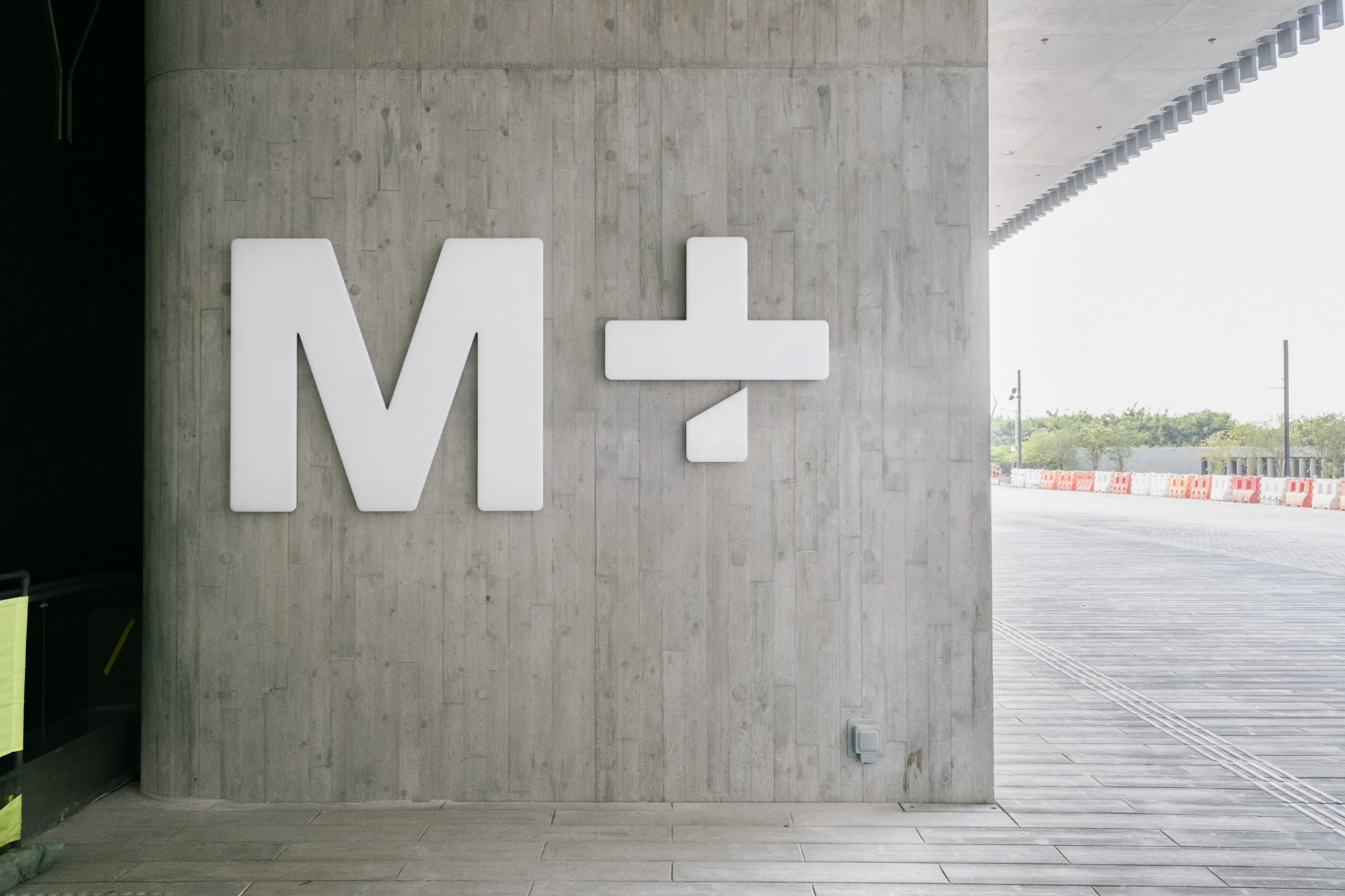News
West Kowloon Chief Promises M+ Will Follow Security Law


Addressing recent disputes surrounding Hong Kong’s M+ museum and artworks in its Sigg Collection, the chair of the government statutory body West Kowloon Cultural District Authority (WKCDA), which oversees M+ and the art precinct it is in, has pledged that the museum’s inaugural exhibitions slated for later this year will abide by the National Security Law passed in 2020.
On March 23, WKCDA board chairman Henry Tang Ying-yen, who has served on the board since 2008, confirmed that “when planning the museum's opening . . . the M+ curatorial team will strictly abide by the law and conduct the curatorial work in a professional, objective and balanced manner.” Tang’s statement comes following recent criticism from lawmakers and media outlets accusing M+ of planning displays of artworks that might violate the National Security Law, introduced in June 2020, and “spread hatred” against China. The museum has confirmed that there are no plans to showcase the politically sensitive works in question in the opening exhibition, including four works from dissident artist Ai Weiwei’s Study of Perspective (1995–2003) series, with one depicting him raising a middle finger at Beijing’s Tiananmen Square, all from the Sigg Collection.
On March 24, Hong Kong’s chief executive Carrie Lam expressed before the city’s executive council that she has “100 percent confidence that [Tang] will be able to carry out this job very well.” Last week, in response to accusations raised about M+’s violation of the law, she said that the government will be “on full alert” for perceived threats presented by the arts to the new security law.
M+ has attracted increased political scrutiny since its executive director Suhanya Raffel stated that it was “no problem” for M+ to show controversial artworks by art-activists such as Ai since the museum’s approach is “underpinned by research and academic rigour" during a recent media tour of the newly completed building. State-owned media such as Ta Kung Pao and Wen Wei Po have since condemned other works in the Sigg Collection for “uglifying and defaming the country leader,” such as Shi Xinning’s surrealist painting, Duchamp Retrospective Exhibition in China (2000–01), in which Mao Zedong is pictured examining Marcel Duchamp’s Fountain (1917).
The Sigg Collection includes a total of 1,510 works of art, including some by contemporary Chinese artists who have been critical of China’s sociopolitical developments. In an interview with Artnet in June 2020, Swiss businessman and collector Uli Sigg, who donated a part of his collection to M+ in 2012, spoke about his concerns for the display of his collection, saying, “I have very strong commitments from the chairman [of WKCDA], the director of the museum, the CEO—each and every one of them has expressed the strongest intent to preserve the current status in this respect and not allow any restraints.”
Pamela Wong is ArtAsiaPacific’s assistant editor.
To read more of ArtAsiaPacific’s articles, visit our Digital Library.







